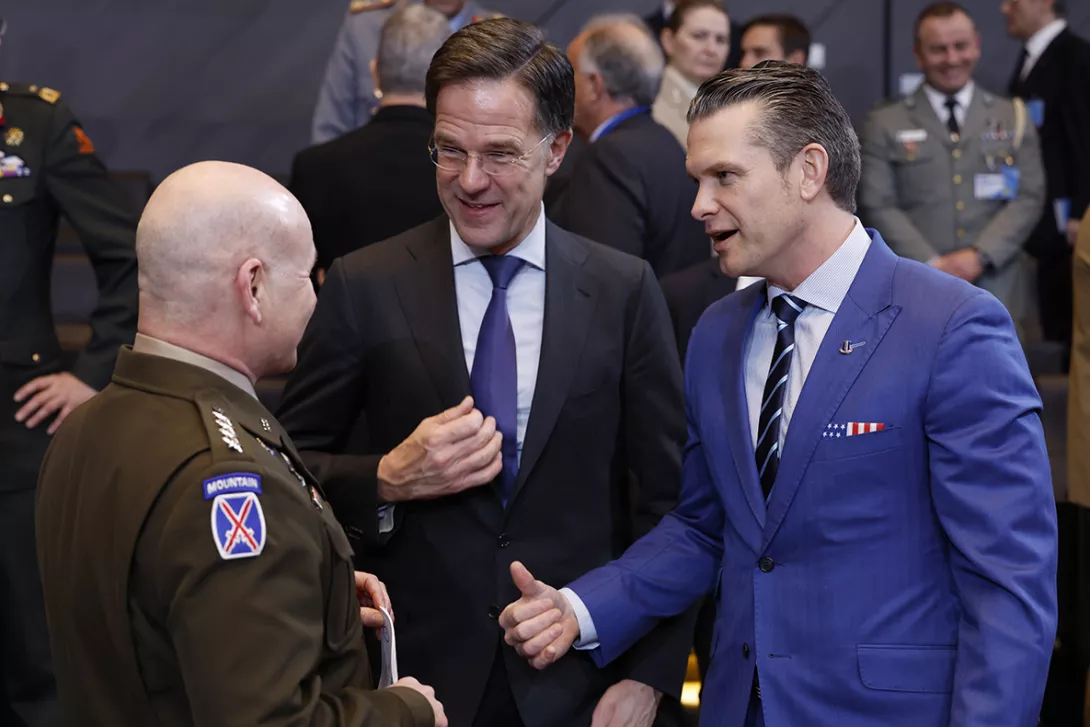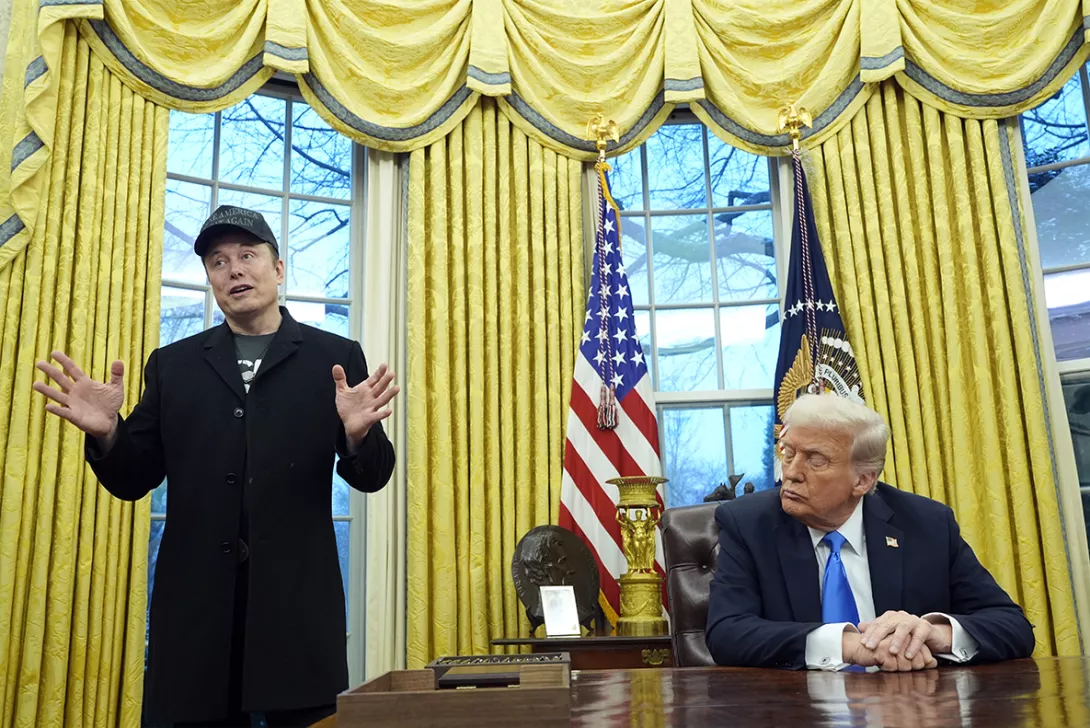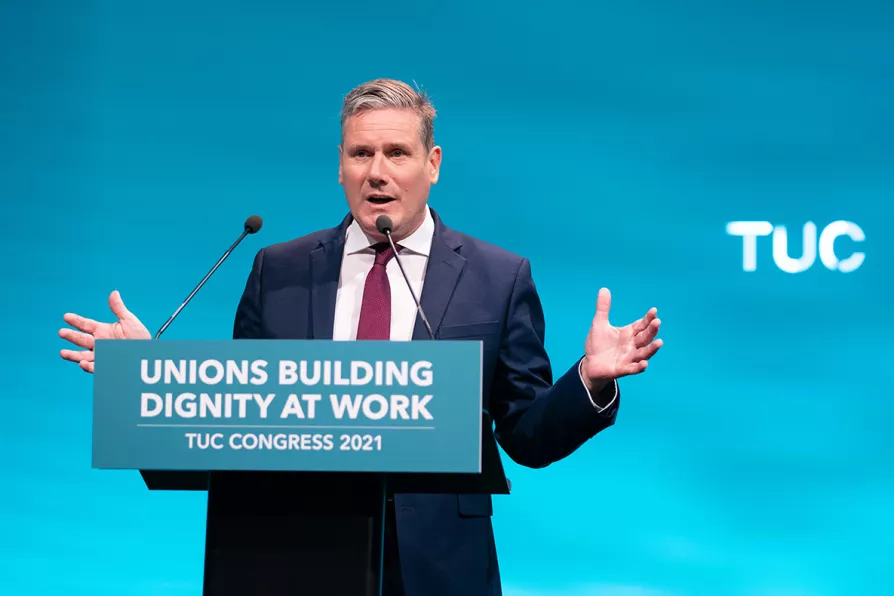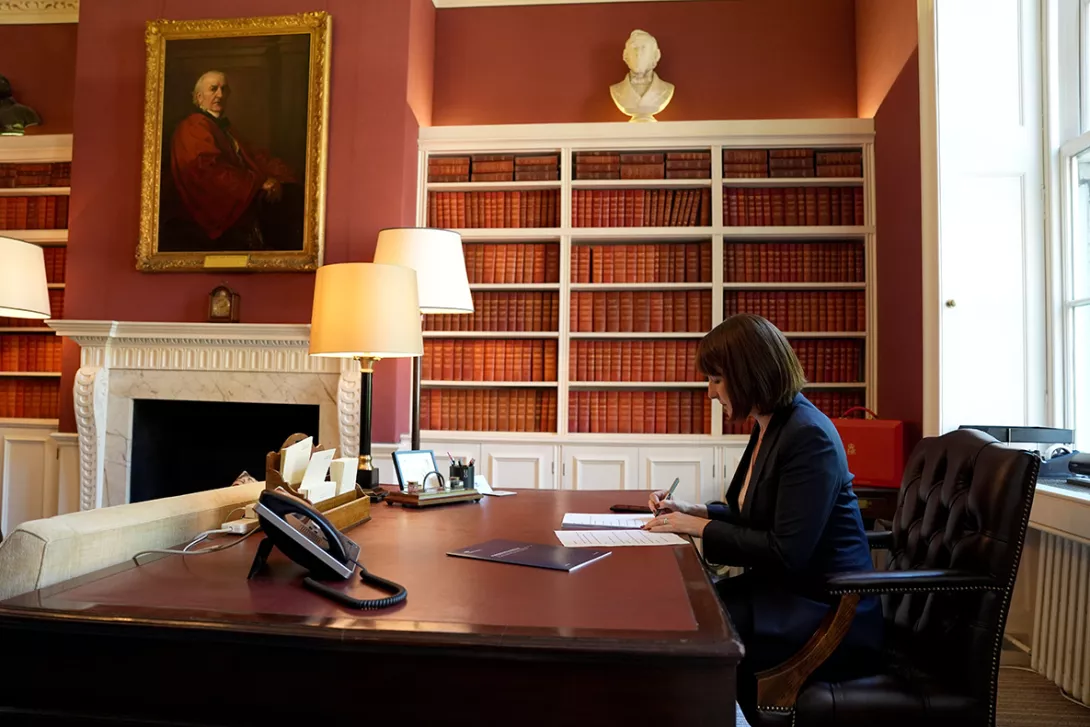
KEIR STARMER says Britain will learn the lessons of Covid. The most important must be to reject the arbitrary “fiscal rules” Labour has adopted from the Tory Party, whose policies turned Covid from an emergency into a catastrophe.
Much is made of the Conservatives ignoring the findings of their own Exercise Cygnus pandemic simulation in 2016, which predicted for example that Britain would rapidly run out of personal protective equipment (PPE).
But ministers — even Tory ministers — did not allow the stock of usable PPE to shrink out of some perverse malevolence. Keeping the NHS in a state of readiness costs money, and in the context of Tory austerity it couldn’t be done.
The Conservatives remain in denial about the consequences, much like Rishi Sunak, insisting feebly and against the evidence in the last days of the election that living standards had improved since 2010. At the inquiry, David Cameron and George Osborne congratulated themselves on the austerity years, claiming that reducing debt made Britain more resilient when the world got sick.
It’s the opposite of the truth. As Dr Saleyha Ashan told the BBC today, the NHS — which health professionals were describing as trapped in a “permanent winter crisis” even before Covid, thanks to chronic staffing shortages — had “nothing left in the tank” when a health emergency swept the country.
Austerity undermined public services. They must be rebuilt if we are to do better next time. And they cannot be while sticking to Tory spending plans.
The recruitment and retention crisis in the NHS is driven by years of declining pay, exacerbated as shortages themselves mean greater workloads for those who remain.
The government can and should be taking measures to make life more affordable — price controls, as suggested by the New Popular Front which just won elections in France, are a sensible regulation used across much of the planet, not the crazy interference with the all-powerful market that Britain’s ossified economic orthodoxy asserts; and a mass council house-building programme, to bring down housing costs rather than entrust the sector to firms whose profits depend on keeping prices rising, would help address the cost-of-living crisis that makes so many public-sector jobs impractical.
But the quickest and easiest way to act is to raise wages. Starmer says workers should prepare for disappointment at public-sector pay offers: if that’s his line, ours should be to prepare for battle. As the National Education Union among others demands, government should be setting out a roadmap towards pay restoration, even while workers do not expect to see 15 years’ losses reimbursed overnight.
There are areas in which Labour’s commitments should improve our ability to weather a pandemic. Collective bargaining in social care should raise standards, preventing a repeat of the scandal when agency workers unwittingly spread Covid from care home to care home, infecting some of the most vulnerable. Improvements to statutory sick pay announced in the King’s Speech should address the problem of workers who could not afford to isolate when ill — an issue openly acknowledged during the pandemic by Test-and-Trace tsar Dido Harding.
But the big picture involves having properly resourced and staffed services, with redundancy built in so capacity can expand during an emergency.
Step one is raising investment in the NHS, including its staff, to match per capita spending in neighbouring European countries. But we must raise awareness that better-funded, more capable services across the board are essential, because we are entering an age of disasters: the record flooding which has reduced Britain’s agricultural output 20 per cent in the last year is a case in point.
Neoliberalism has hollowed out the state until it can do little but funnel money from public to private hands (one thing it did very effectively during Covid). Learning the lesson means shattering the neoliberal orthodoxy. Labour shows no sign of doing that.

















